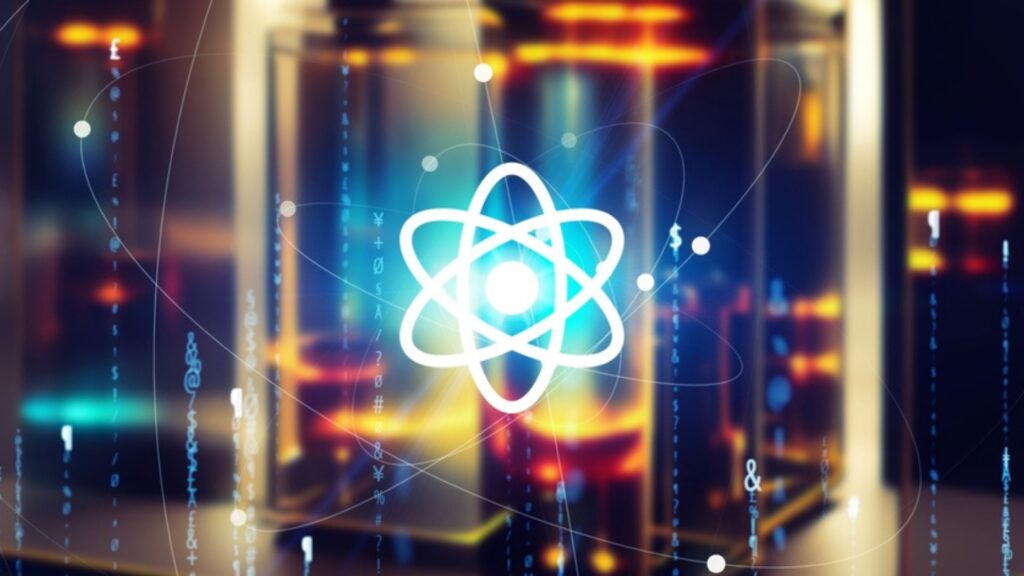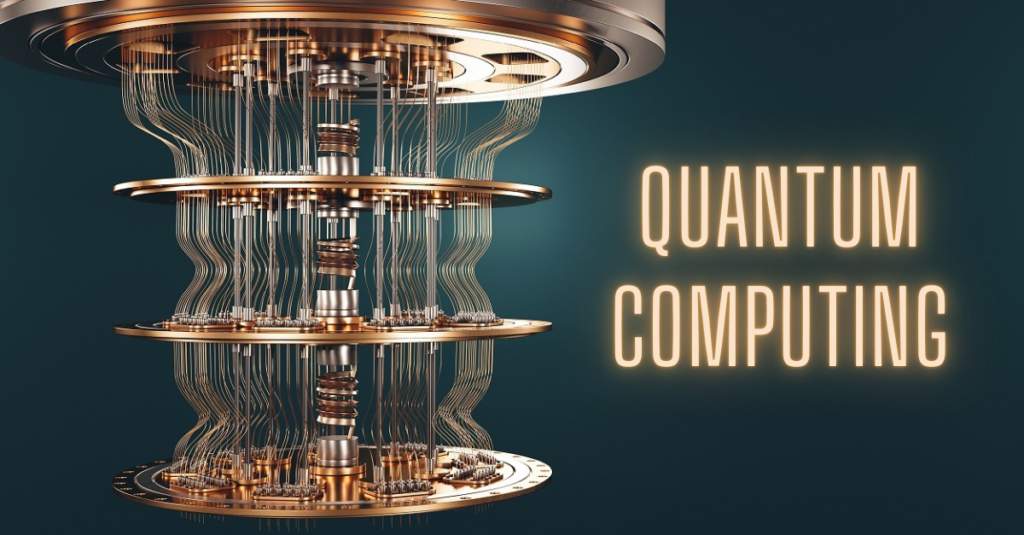Artificial intelligence (AI) has come to be a transformative pressure throughout numerous industries. From facial reputation software that unlocks your smartphone to complex algorithms predicting stock market developments, AI is rapidly converting how we live and work. However, as AI applications turn out to be more and more sophisticated, conventional computers are beginning to stress under the huge processing strength required. This is in which the exciting international of quantum computing steps in.
Quantum computing guarantees to revolutionize AI development by way of harnessing the concepts of quantum mechanics. Unlike conventional computer systems that rely on bits (0s or 1s), quantum computer systems utilize qubits. These qubits can exist in a superposition nation, which means they may be both zero and 1 simultaneously. These precise belongings let quantum computer systems perform calculations in parallel at an exponential rate, tackling problems that would take classical computer systems years, if no longer centuries, to resolve. While quantum computing is still in its early ranges, its potential to unlock breakthroughs in AI improvement is undeniable. However, good-sized demanding situations remain in constructing large-scale, error-free quantum computer systems. Despite those hurdles, the destiny of AI and quantum computing operating collectively seems relatively vivid.
Data floods and the limitations of classical computing
A massive data explosion characterizes the digital age. From social media interactions to financial transactions to scientific research and medical imaging, the amount of information we produce is growing exponentially. This flood of data presents both opportunities and challenges for the development of AI.
But traditional computers are starting to struggle under the weight of this data. They are based on bits, which can be only one state (0 or 1) at a time. These two frameworks are major obstacles when dealing with complex AI projects:
Machine Learning with Massive Datasets: Many cutting-edge machine learning algorithms require massive datasets for training. Traditional computers struggle to process and analyze these vast amounts of information efficiently (AI and Quantum Computing).
Deep Learning Power Demands: Deep learning, a subfield of AI that utilizes complex neural networks, demands immense processing power. Training these networks on traditional computers can take days, weeks, or even months, hindering the development and deployment of advanced AI applications (AI and Quantum Computing).
Natural Language Processing Challenges: Understanding the nuances of human language is a complex task for AI. Traditional computers struggle to grasp the context, sarcasm, and ambiguity inherent in natural language, limiting the effectiveness of Natural Language Processing (NLP) applications.
This confluence of factors creates a “computational bottleneck,” a barrier that hinders further advancements in AI. Traditional computers are simply reaching their limits in terms of processing power and efficiency when dealing with the complexity and scale of modern AI tasks. This is where quantum computing emerges as a potential game-changer.
Quantum Computing: A Quantum Leap for AI (AI and Quantum Computing)

Traditional computers are hitting a wall. The ever-growing demands of AI, especially with massive datasets and complex algorithms, are pushing them to their limits. Enter quantum computing, a revolutionary approach based on the principles of quantum mechanics (AI and Quantum Computing).
Quantum computers utilize qubits, not bits. Unlike bits (0 or 1), qubits can exist in a state of superposition, representing both possibilities simultaneously. Imagine a coin spinning – its heads and tails until it lands. This allows quantum computers to explore numerous possibilities concurrently.
Furthermore, entangled qubits can be linked, regardless of distance. A change in one instantly affects the others, enabling parallel processing across entangled qubits for exponential speed.
These principles unlock the incredible potential of AI development:
Faster Training: Complex AI models can be trained much faster with the parallel processing capabilities of quantum computing.
Larger data sets: Quantum computing can process larger and more complex sets of data, opening the doors for information-intensive AI applications.
Newer AI Algorithms: Due to the unique capabilities of quantum computers, there may even be brand new AI algorithms with better capabilities.
Quantum computing is still in its infancy, but its potential to revolutionize the development of AI is undeniable. This collaboration between AI and quantum computing holds the promise of unprecedented growth in a variety of industries.
AI & Quantum Computing: A Powerful Duet (AI and Quantum Computing)
Traditional computers won’t be replaced, but rather complemented by quantum computers as a powerful AI duet. Imagine AI’s learning ability optimizing complex quantum systems – troubleshooting errors, allocating resources, and even developing new qubit control methods. This unlocks the full potential of both.
The future holds exciting breakthroughs:
- Drug Discovery: Quantum computers simulate complex molecules, accelerating research. AI analyzes data to identify promising candidates.
- Financial Modeling: Quantum computing tackles intricate models with unmatched accuracy. AI interprets data for precise risk assessments.
- Cybersecurity: Quantum computing’s power creates unbreakable encryption. AI’s adaptability keeps these methods ahead of threats.
This glimpse into AI and quantum computing’s future paints a picture of a more innovative world fueled by advancements across numerous fields.
What areas do you think will benefit most from this powerful collaboration? Share your thoughts in the comments below! Let’s discuss the potential impact and how we can prepare for this transformative future.


